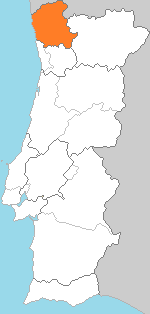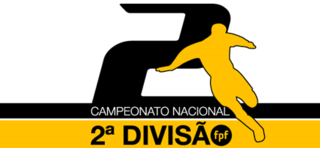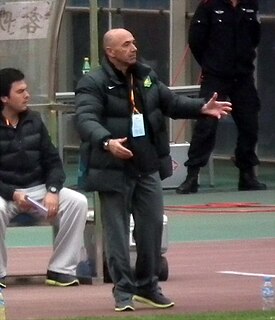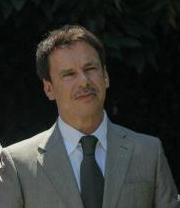| Personal information | |||
|---|---|---|---|
| Full name | António de Jesus Pereira | ||
| Date of birth | 11 February 1955 | ||
| Place of birth | Espinho, Portugal | ||
| Date of death | 27 September 2010 (aged 55) | ||
| Place of death | Espinho, Portugal | ||
| Height | 1.73 m (5 ft 8 in) | ||
| Playing position | Goalkeeper | ||
| Youth career | |||
| 1970–1971 | Espinho | ||
| 1971–1973 | Porto | ||
| Senior career* | |||
| Years | Team | Apps | (Gls) |
| 1973–1974 | Chaves | ||
| 1974–1976 | Lusitânia | ||
| 1976–1978 | Beira-Mar | 14 | (0) |
| 1978–1981 | Varzim | 76 | (0) |
| 1981–1988 | Vitória Guimarães | 139 | (0) |
| 1988–1989 | Leixões | 36 | (0) |
| 1989–1990 | Chaves | 27 | (0) |
| 1990–1993 | Vitória Guimarães | 71 | (0) |
| 1993–1994 | Chaves | 20 | (0) |
| Total | 383 | (0) | |
| National team | |||
| 1987 | Portugal | 7 | (0) |
| Teams managed | |||
| 1989 | Leixões | ||
| 1993–1994 | Fafe | ||
| 1994 | Chaves | ||
| 1994–1995 | Marítimo | ||
| 1995–1996 | Paços Ferreira | ||
| 1996–2000 | Covilhã | ||
| 2000 | Operário | ||
| 2000–2001 | Chaves | ||
| 2001–2002 | Machico | ||
| 2002–2003 | Espinho | ||
| 2003–2004 | Estarreja | ||
| 2005–2006 | Lusitânia | ||
| 2006–2008 | Benfica Castelo Branco | ||
| 2008–2010 | Tondela | ||
| 2010 | Espinho | ||
| * Senior club appearances and goals counted for the domestic league only | |||
António de Jesus Pereira (11 February 1955 – 27 September 2010), known as Jesus, was a Portuguese football goalkeeper and manager.

Association football, more commonly known as football or soccer, is a team sport played with a spherical ball between two teams of eleven players. It is played by 250 million players in over 200 countries and dependencies, making it the world's most popular sport. The game is played on a rectangular field called a pitch with a goal at each end. The object of the game is to score by moving the ball beyond the goal line into the opposing goal.
The goalkeeper, often shortened to keeper or goalie, is one of the major positions of association football. It is the most specialised position in the sport. The goalkeeper's primary role is to prevent the opposing team from scoring. This is accomplished by the goalkeeper moving into the path of the ball and either catching it or directing it away from the vicinity of the goal line. Within the penalty area goalkeepers are able to use their hands, making them the only players on the field permitted to handle the ball. The special status of goalkeepers is indicated by them wearing different coloured kits from their teammates.














